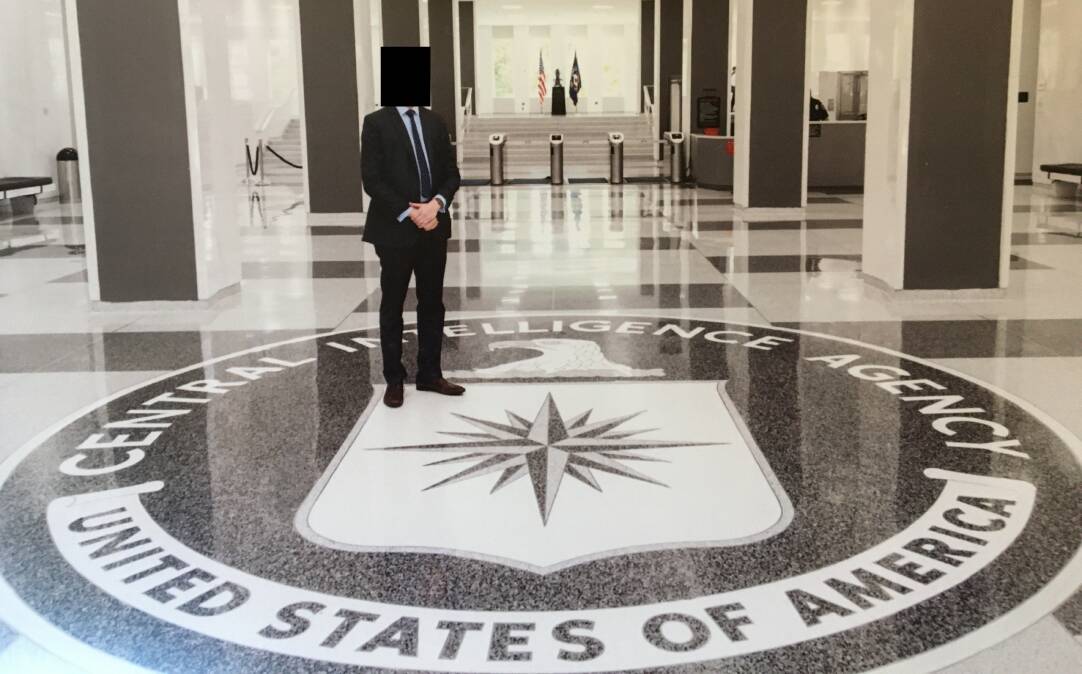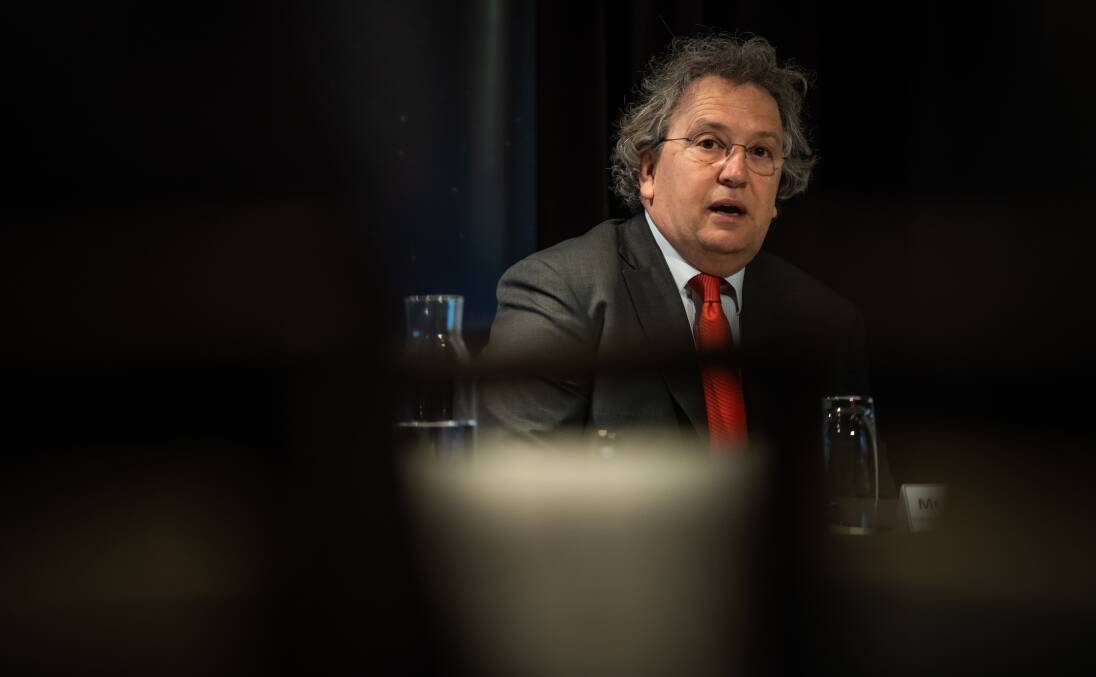
The ACT's top judge is set to lift the veil on years of secrecy by finally revealing the reasons a former intelligence officer was jailed behind closed doors.
In the ACT Supreme Court on Friday, Chief Justice Lucy McCallum indicated she would publish sentencing remarks in the case of Witness J some time before 12pm next Monday.
It has been about four years since Justice John Burns sentenced Witness J, also known by the pseudonym "Alan Johns", to two years and seven months in jail.
With time served on remand and about half of the sentence suspended, the former intelligence officer was released in August 2019 after serving 15 months in custody.
The case was so secret not even Shane Rattenbury, the ACT's justice minister at the time, was told of the prisoner's existence.
When the public first became aware of scant details in November 2019, as a result of civil action Witness J took against prison authorities, there was widespread outrage.
Mr Rattenbury described being "deeply disturbed by the extraordinary levels of secrecy".
Since the initial uproar, independent national legislation monitor Grant Donaldson SC has reviewed the matter and provided some additional details.
Mr Donaldson's review reveals Witness J, during his time as a Commonwealth official, had a high-level security clearance that made him subject to strict reporting obligations and behavioural standards.
After concerns about his conduct resulted in his clearance being revoked and his employment terminated, Witness J complained to the agency that fired him.
He complained of unfair treatment using unsecure means, and, in the process, breached his secrecy obligations by communicating classified information.
"[His] actions put at risk this classified information, which was a kind that could endanger the lives or safety of others," Mr Donaldson's review, published in 2022, says.

Witness J ultimately pleaded guilty to five offences relating to what has been described as "mishandling classified information", but the precise charges have never been revealed.
Nor have the reasons Justice Burns, who has since retired, settled on a full-time jail term.
Answers might now finally be forthcoming, though all parties to the case have accepted parts of the sentencing remarks will have to be redacted for national security reasons.
On Friday, Chief Justice McCallum told defence lawyer Paul James, prosecutor Grace Krutsch and Tony Guigni, counsel for federal Attorney-General Mark Dreyfus, she would send them the version of the sentencing remarks she proposed to make public.
The lawyers indicated they would inform her of any objections later on Friday.
Chief Justice McCallum will then iron out what she described as "a couple of wrinkles" before publishing the sentencing remarks.







